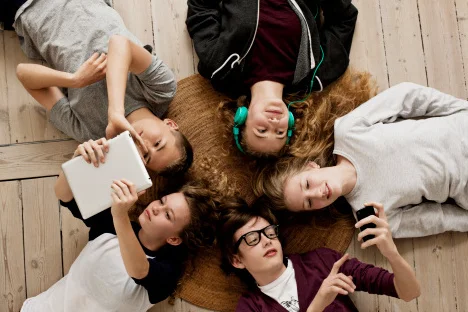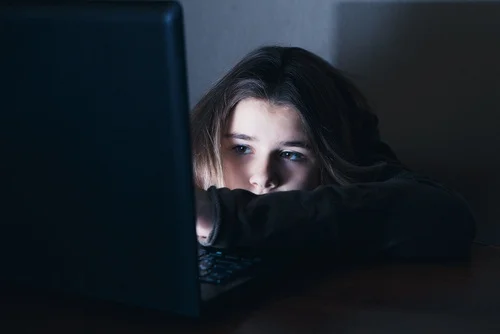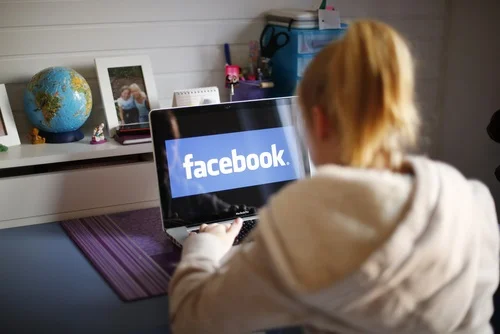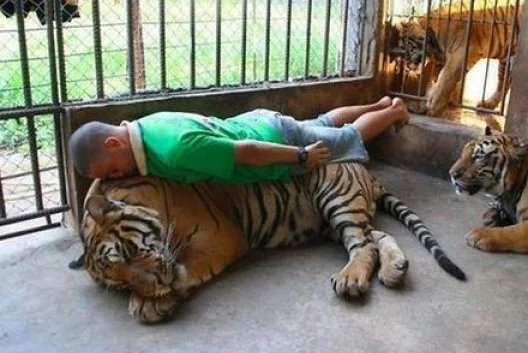+1 845 259 2974 (11 a.m to 7 p.m CST)
The Harmful Effect of Social Media on Teen's Self-Esteem

It’s no secret that teens spend a lot of their time on social media platforms such as Facebook and Instagram. They post about their thoughts, upload their pictures and videos, and interact with other people online religiously. It all seems natural and normal, but it really isn’t, at least for most people. Mostly, they are not sharing their thoughts simply because they feel like it, or uploading their pictures simply because they want to. Instead, they are doing all this to grab the attention of others as they gauge their self-worth on the basis of how other interact with or react to what they share online. They upload their photos because they want people to react to them. They share their thoughts because they want to come off as intellectual to others. If only a few people were craving attention, then others might have given it to them, but on social media, everyone wants attention, and when they don’t get it, their self-esteem takes a massive hit.
Hungry for Attention
When kids don’t get the attention that they so dearly crave, they become depressed and start thinking that nobody cares about them. They feel low, stop talking to people, and start to think that their existence doesn’t matter to anyone. As their mind fills up with such negative thoughts, they build a small wall around them and stop letting other people in. They stop sharing what’s happening in their lives, stop taking or uploading pictures, and basically isolate themselves from everything and everyone. This “no one cares” mentality only grows with time because no one is there to help them out. Only parents can save their kids from this issue, but how can they help their child when they don’t even know what their kids are going through? This is where parental controls like SecureTeen can prove to be a real blessing. Such tools give parents access to kids’ social media activities and interactions, and enables them to ensure that the latter aren’t becoming obsessed with attention on social media.
The Perfect Life
Not getting attention sure hurts teenagers’ self-esteem, but one thing that does way more damage to it is looking at the seemingly perfect life of others. Everyone wants what they don’t have, but when teenagers come across pictures of other people having fun, hanging out with a large circle of friends, visiting cool places, doing exciting stuff, and basically enjoying life to the fullest, it makes them question their own life. They start comparing their life to the still images that are rubbed on their faces online, and start wondering if they are losers. Prolonged exposure to what is really a fabricated reality leaves them feeling pathetic.
False Perception of Beauty
Although media has already done an excellent job of distorting the true definition of beauty, social media is making its own substantial contribution to the problem by making teens define beauty in even more superficial terms. As they come across pictures, mostly edited on Facebook and Instagram that are close to perfect in terms of skin, hair, eyes, makeup, etc., they begin questioning their own looks. As they look at more and more edited and seemingly perfect photos online, they become increasingly conscious of what they perceive as their flaws, which in turn causes them to lose confidence in their looks. This naturally kills their self-esteem and pushes them into depression. What they fail to realize is that it’s perfectly normal to not have a perfect skin, or big eyes, or well-done hair, and whatnot.
























